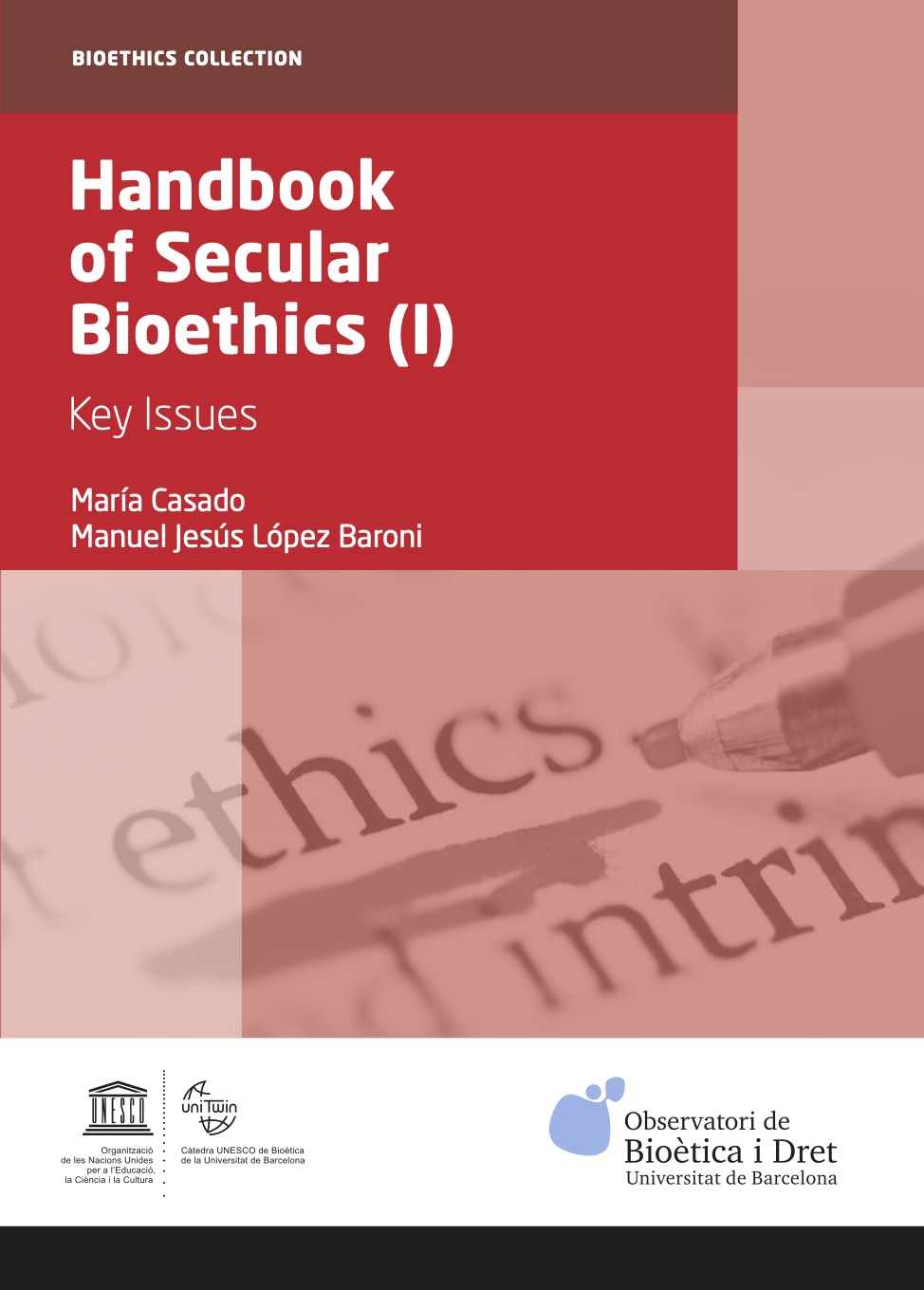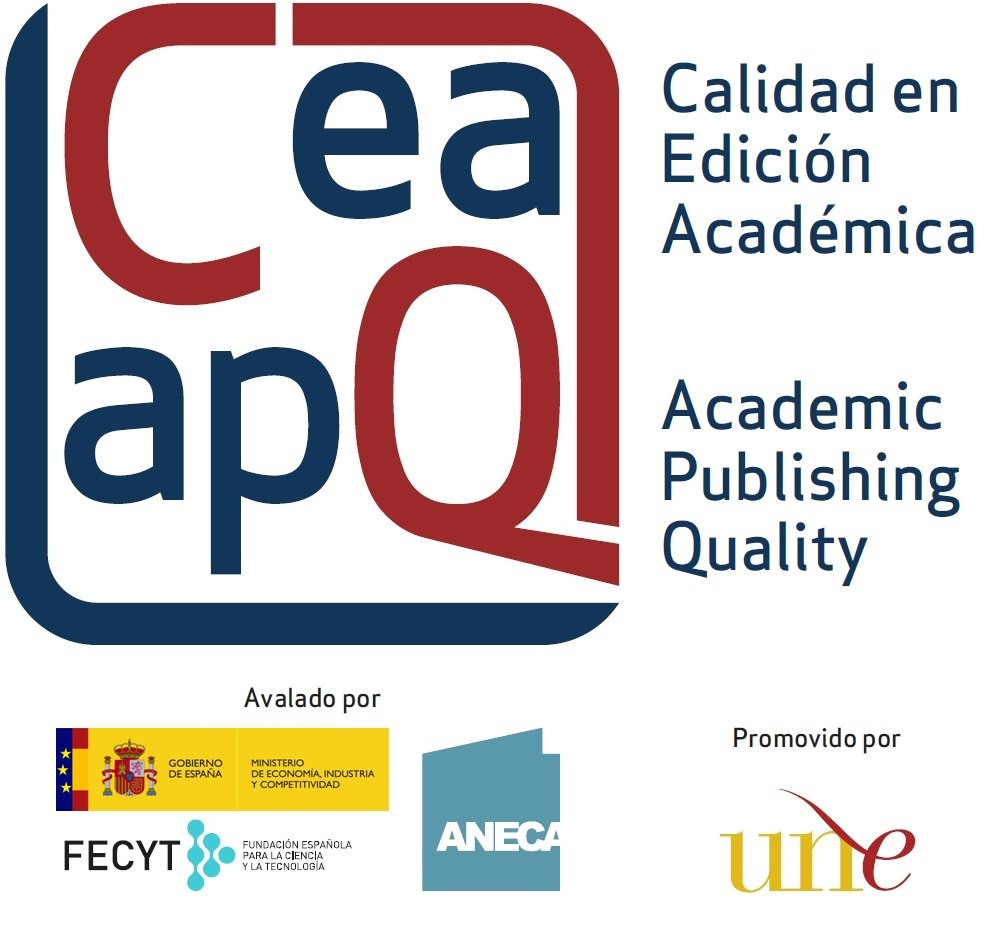- Español
- Català
- English
Obs. de Bioética y Derecho
Máster en Bioética y Derecho
Cátedra UNESCO de Bioética
Contacto
- Observatorio de Bioética y Derecho
- Cátedra UNESCO de Bioética
- Universidad de Barcelona
- Facultad de Derecho
- Avenida Diagonal, 684
- 08034 Barcelona
- Tel. (+34) 93 403 45 46
- obd.ub@ub.edu
- Máster en Bioética y Derecho
- Tel. (+34) 93 403 45 46
- master.bd@ub.edu
Libro "Handbook of Secular Bioethics (I). Key issues"
 [Versión en inglés del "Manual de bioética laica (I). Cuestiones clave"]
[Versión en inglés del "Manual de bioética laica (I). Cuestiones clave"]Bioethics is a field of knowledge that requires plural approaches and solid scientific foundations to analyse with sufficient rigour the ethical, legal and social consequences of biotechnology and biomedicine. For this reason, this Handbook of Secular Bioethics, the result of many years of teaching and research, is designed to provide the necessary information to those interested in the subject.
The ultimate aim is to provide arguments and proposals to encourage autonomy and responsibility, so that bioethical decisions enable the construction of a more transparent and democratic society.
This perspective explains why the authors advocate the secular paradigm, based on the idea that the human rights acknowledged in international texts must form the universal minimum ethical threshold as a suitable legal and political model to ensure that these debates are productive and plural, and not merely based on beliefs, religious or of any other kind.
Autores/as: María Casado y Manuel Jesús López Baroni
Año de publicación: 2020
Editorial: Edicions de la Universitat de Barcelona
Páginas: 217
ISBN: 978-84-9168-337-7
Pertenece a la Colección de Bioética del Observatorio de Bioética y Derecho, acreditada con el Sello de Calidad en Edición Académica (CEA-APQ)
Disponible en acceso abierto (en inglés y español)
Un segundo volumen, publicado en 2021, completa las temáticas tratadas en este primer libro: "Manual de bioética laica II: Cuestiones de salud y biotecnología". De momento, sólo disponible en español aquí.
This first volume includes the core and by now classic subjects of bioeth- ics as an area of knowledge: its characteristics and specificities, its themes, its origins, the values, principles and rights in which it is framed, and the most important issues that the discipline deals with, from the beginning to the end of life, including sexual and reproductive health, voluntary termination of pregnancy, assisted reproduction, euthanasia, organ transplants and the environment.






